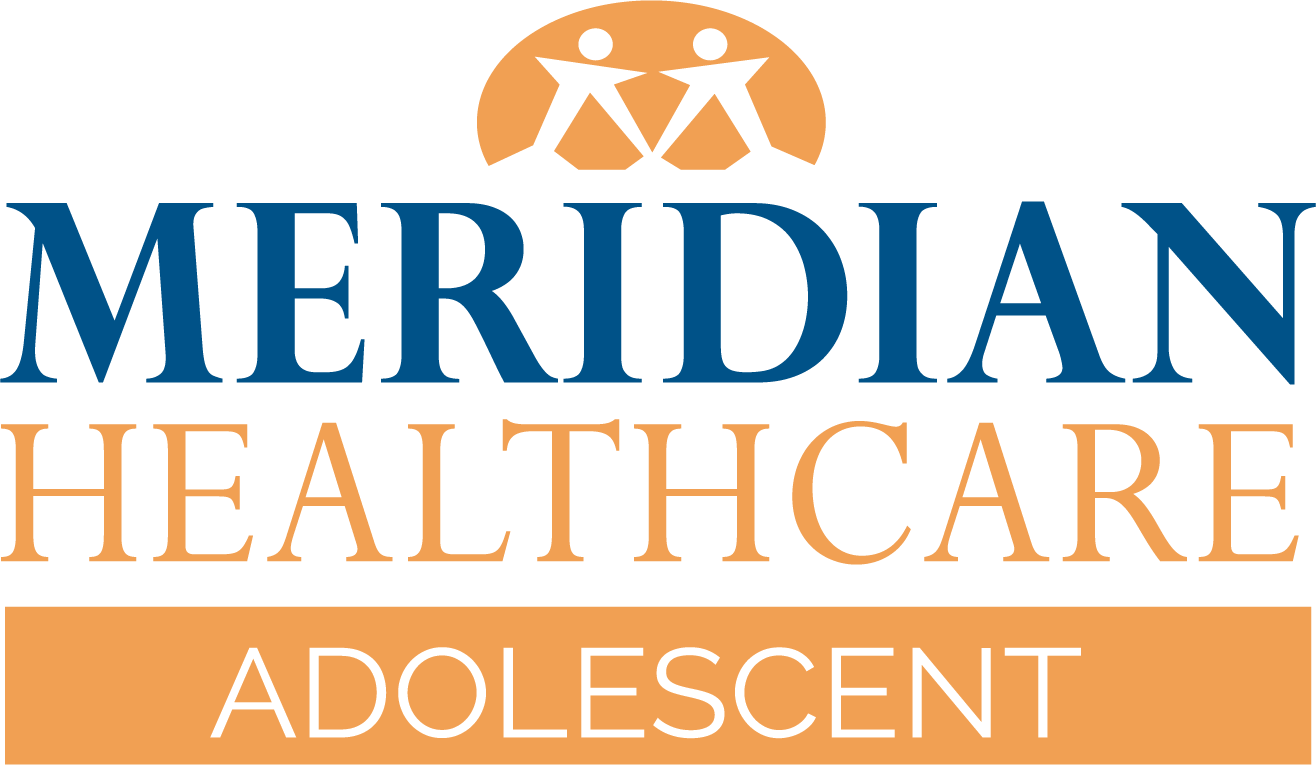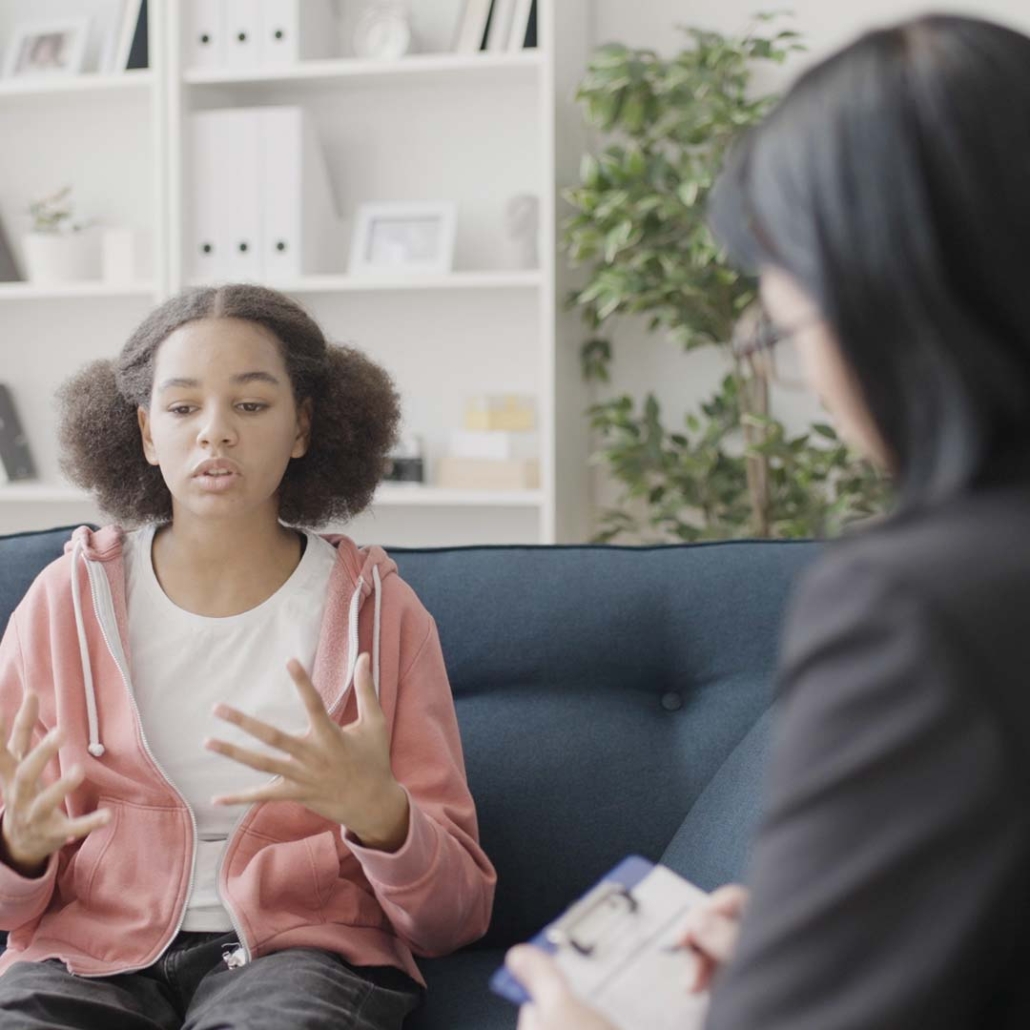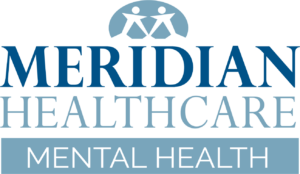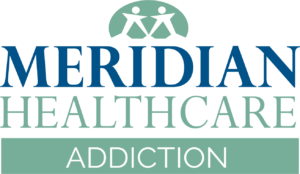Just because a child is displaying mental health problems doesn’t mean that the child’s life has to be defined by them. With pediatric counseling, children and adolescents can receive the care they need to treat their mental illness, leading to a productive life.
It’s important to note there are a range of feelings and symptoms children show when they have a mood disorder, and it’s not always the same as an adult, which is why professional medical care is important.
Disruptive Mood Dysregulation Disorder (DMDD)
Disruptive mood dysregulation disorder is marked by severe irritability, being angry, and having intense temper outbursts (at least three times a week). According to the National Institute of Mental Health, children between the ages of 6 and 10 are diagnosed with DMDD after they’ve had symptoms for at least one year.
Since DMDD is a newer-classified disorder, not many treatments have been established. Current treatment options can include psychotherapy (talk therapy) and medication. Two popular psychotherapy treatments used for DMDD include cognitive behavioral therapy (CBT) and parent training. CBT helps children and adolescents learn to handle anxious or depressed thoughts. Parent training helps caregivers learn how to read the signs of each mood transition.
Bipolar Disorder
About 4% of children (under the age of 18) are diagnosed with bipolar disorder. Mood changes for children can be drastically different from adults. Within 24 hours, a child’s behavior may have transitions from a depressive episode to elation, confusion, or even anger.
Unfortunately, the cause of bipolar disorder is unknown, although genetics are believed to be a factor. In evidence-based research, the death of a family member or abuse have also been shown to increase bipolar development.
To diagnose and treat bipolar disorder, your child’s healthcare provider will conduct a full medical history workup, medical tests, and a mental health evaluation. Treatment often includes medication and psychotherapy. Other therapies can include chronotherapy (a sleep routine), family-focused therapy (FFT), and interpersonal and social rhythm therapy (IPSRT).
Attention-Deficit/Hyperactivity Disorder (ADHD)
Nearly 10% of children have ADHD. Common in both children and adults, ADHD is when a person can’t control their impulses. Symptoms include trouble focusing, hyperactivity, hyperfocusing, restlessness, forgetfulness, fidgeting and excessive talking.
Behavior therapy and medication are common interventions for ADHD.
Anxiety Disorders
About 9.4% of children have an anxiety disorder, which can include social anxiety disorder, separation anxiety disorder, and generalized anxiety disorder (GAD). If a child or adolescent is regularly nervous, feels fearful, or has trouble sleeping/concentrating, they may have an anxiety disorder.
Genetics, life events, and individual circumstances all play a role in anxiety disorders. Cognitive behavioral therapy (CBT) is utilized to treat anxiety disorders.
Depression
Around 4.4% of children have depression. Symptoms of depression include stomachaches, low self-esteem, being socially withdrawn, and suicidal thoughts. It’s important to note that symptoms are different for each child.
Children with a family history of depression are more likely to develop this mood disorder, as are those who live in chaotic households. Adolescent substance abuse can also lead to depression.
Once diagnosed, depression is treated with psychotherapy and CBT, sometimes along with medication.










